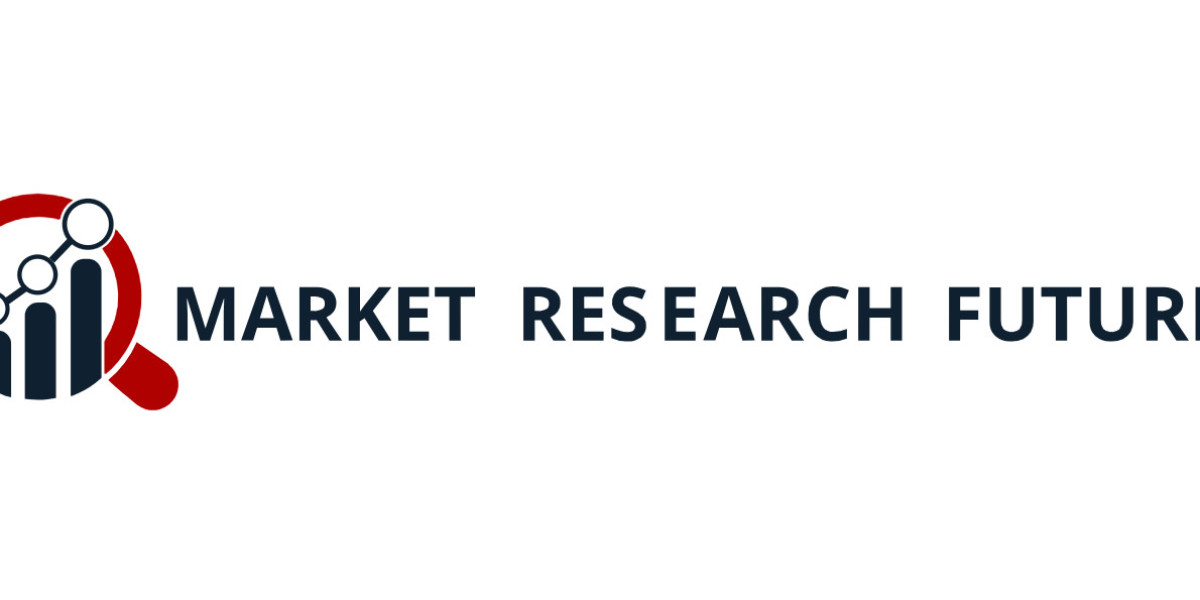While traditional generic drugs have long provided affordable alternatives to small-molecule, chemically synthesized brand-name drugs, the pharmaceutical industry is now turning its attention to a new class of medications: biologics. These are complex drugs made from living organisms, such as proteins, antibodies, and vaccines. Because of their intricate nature and high cost, biologics represent a significant and growing portion of healthcare spending. The answer to this challenge lies in biosimilars, which are a new frontier in the generic market. A biosimilar is not an exact copy of its reference biologic, but rather a "highly similar" version with no clinically meaningful differences in terms of safety, purity, and potency. The emergence of biosimilars is a critical development that is set to bring much-needed competition to the biologics market, which was once dominated by high-priced, single-source products.
The process for approving a biosimilar is fundamentally different from that of a generic. While generics must prove bioequivalence—that they are the same as their brand-name counterpart—biosimilars must demonstrate "biosimilarity" to their reference product. This is because biologics are made in living systems, and therefore, it's impossible to create an exact copy. The manufacturing process naturally results in slight variations from batch to batch, even for the original product. The FDA's approval pathway for biosimilars is therefore more rigorous than for generics, requiring extensive analytical, animal, and clinical data to prove that the biosimilar is just as safe and effective as the original biologic. This regulatory scrutiny is essential for building public and physician trust in these new medications.
The introduction of biosimilars promises a dramatic reduction in healthcare costs, similar to the impact generics have had on the small-molecule drug market. As more biosimilars enter the market, competition will drive down the price of biologics, which often cost tens or even hundreds of thousands of dollars per patient per year. This will make life-saving treatments for conditions like cancer, autoimmune diseases, and chronic illnesses more accessible to a wider population. The rise of biosimilars is a powerful force for change, signaling a move towards a more sustainable and equitable healthcare system. They represent the next major wave of savings and a crucial step in ensuring that high-quality, advanced therapies are within reach for all patients who need them.






